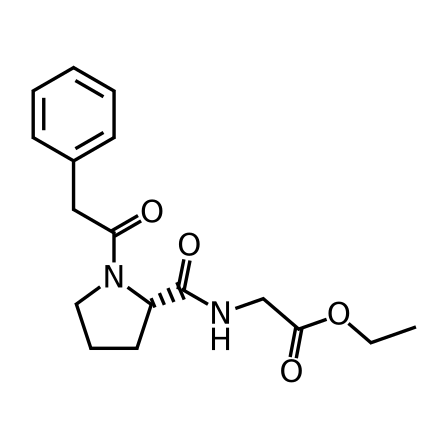Noopept: A Comprehensive Review
Introduction
Noopept is a popular nootropic supplement known for its cognitive enhancing properties. In this review, we will explore the history, mechanisms, effects, and potential benefits and risks of using Noopept.
History
Noopept was first developed in Russia in the early 1990s as a treatment for cognitive decline in elderly patients. It is a synthetic molecule derived from the racetam family of nootropics, but with a slightly different chemical structure.
Mechanisms
Noopept works by modulating the activity of several neurotransmitters in the brain, including glutamate, acetylcholine, and dopamine. It also has neuroprotective properties and can stimulate the growth of new brain cells.
Effects
Noopept has been shown to enhance cognitive performance, including memory, learning, and attention. It may also improve mood and reduce anxiety and depression symptoms. However, more research is needed to fully understand its effects on human cognition.
Potential Benefits
In addition to its cognitive enhancing properties, Noopept may have potential benefits for various conditions such as Alzheimer’s disease, Parkinson’s disease, and traumatic brain injury. It may also have anti-inflammatory and antioxidant effects.
Potential Risks
While Noopept is generally well-tolerated, some users have reported side effects such as headaches, nausea, and irritability. Long-term use may also have unknown risks, and more research is needed to determine its safety and efficacy.
Conclusion
Noopept is a promising nootropic supplement with potential cognitive enhancing and neuroprotective properties. While more research is needed to fully understand its effects, it may have potential benefits for various conditions. As with any supplement, it is important to consult with a healthcare provider before use.
